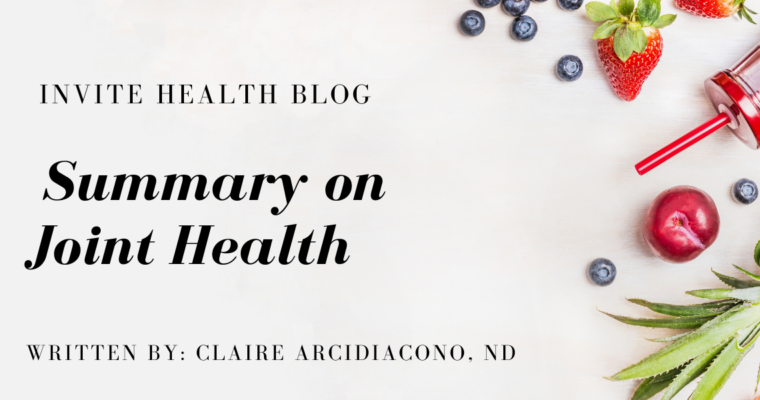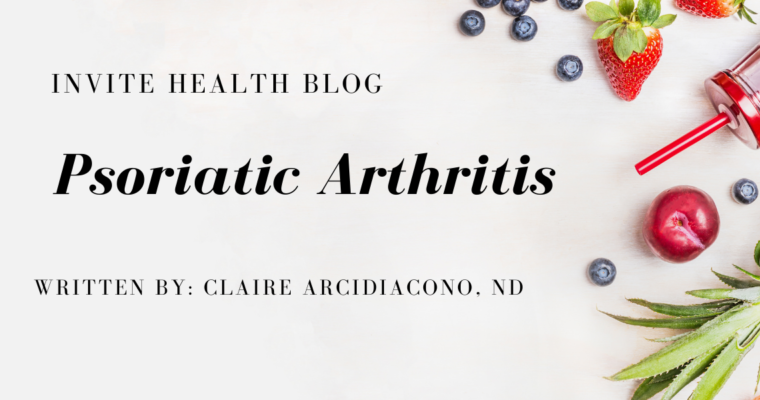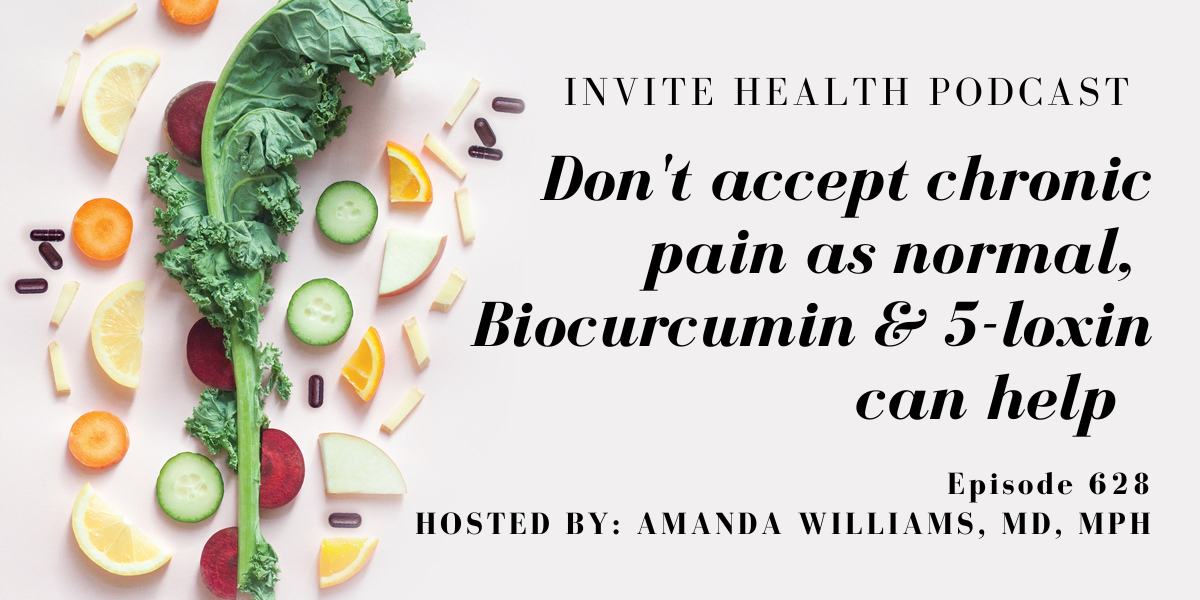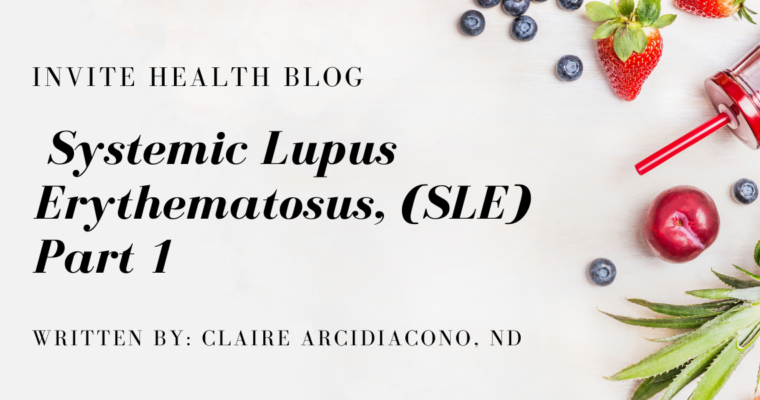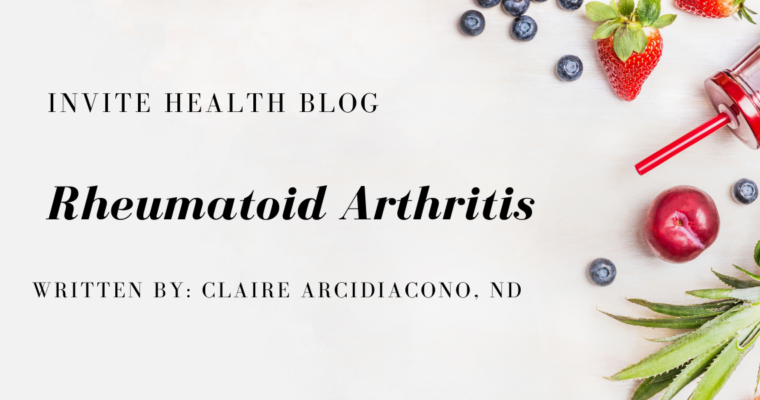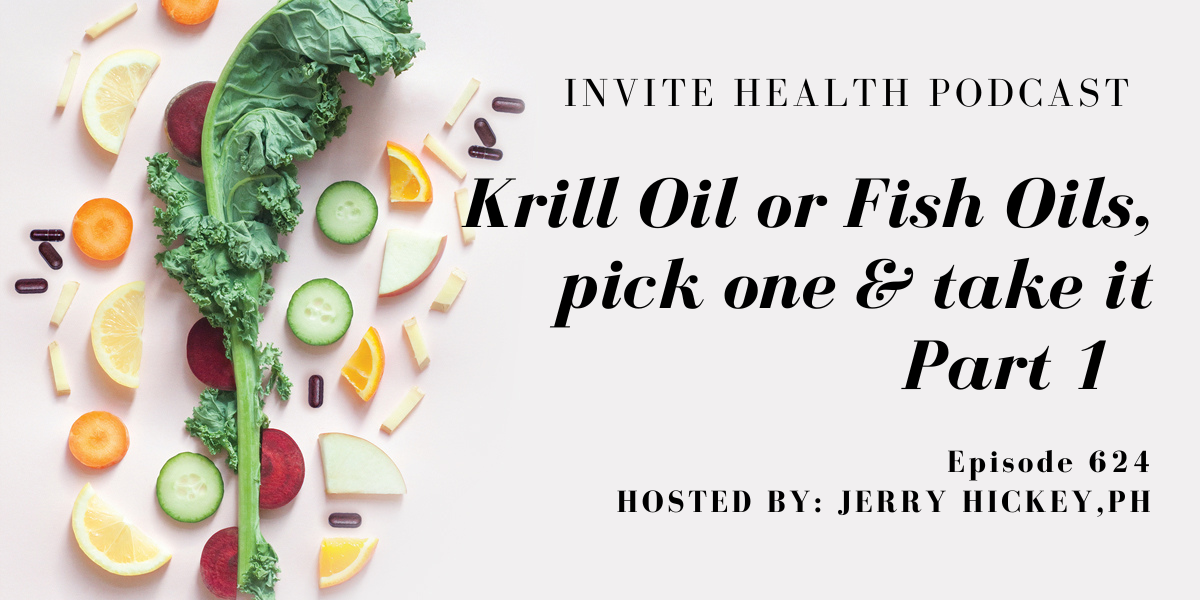Subscribe Today!
Please see below for a complete transcript of this episode.
KRILL OIL, OR FISH OIL. PICK ON AND TAKE IT- INVITEⓇ HEALTH PODCAST, EPISODE 624
Hosted by Jerry Hickey, Ph.

*Intro Music*
InViteⓇ Health Podcast Intro: [00:00:04] Welcome to the InViteⓇ Health Podcast, where our degreed health care professionals are excited to offer you the most important health and wellness information you need to make informed choices about your health. You can learn more about the products discussed in each of these episodes and all that Invite Health has to offer at www.invitehealth.com/podcast. First time customers can use promo code podcast at checkout for an additional 15% off your first purchase. Let’s get started. † [00:00:34]
*Intro Music*
Jerry Hickey, Ph: [00:00:41] For many years, I’ve been collating and examining, analyzing and reviewing the data on both fish oils and Krill oil, and they’re pretty much interchangeable. I personally take Krill oil because there are other ingredients in it that are very good for your health, which fish oils do not offer. But I also eat fish. And if you look across the spectrum of benefits, there’s myriad benefits. And if you’re starting in the brain, there’s benefits from both Krill oil or fish oils for protecting the brain from some serious consequences, such as age-related diseases, stroke, Alzheimer’s, Parkinson’s, lowering inflammation on the brain, but also healing and rejuvenating the brain and affecting the way your brain functions. So, in a very good way, I mean, your brain is largely made out of fats, especially fish oils and collagen, a protein. I mean, that’s what makes up your brain for the most part. And B vitamins and phosphatides. We’ll go into this a little bit during the course of the episode. And I think these nutrients are so, so powerful and so important that I gave this episode a very simple name, Krill oil or Fish oils, pick one and take it. And by the way, when you take those, they’re fatty soluble, they should be absorbed better into your system if you take them with a meal because the little bit of fat in the meal boosts the absorption of these fatty substances. But these are good fats. You want these fats; you need these fats. You have to have these fats to survive, but also to thrive and a lot of things lower the amount of these fats in the body. We’ll talk about that a little bit later. Also, we’ll go into the dosages needed a little bit. In any event, welcome to my episode. I already gave you the name, my name is Jerry Hickey. I’m a nutritional pharmacist. I’m also the senior scientific officer over here at Invite Health. You can find all of the Invite Health podcast episodes for free wherever you listen to podcasts or just go to our website, invitehealth.com/podcast. You can also find Invite on Twitter, Instagram and Facebook at Invite Health. All of the information on this episode will be listed in the podcast episode description. So, let’s get going. I’m going to be jumping around a little bit because there’s so much to say and this is actually very exciting stuff for me. And, you know, I probably will wind up breaking this down to two or three episodes because, you know, I mean, who wants to listen to an episode longer than 15 or 20 minutes, really? † [00:03:18]
[00:03:20] So here’s JAMA Network Open, this is a very recent study. JAMA is the Journal of the American Medical Association, so this is a big time. It’s Tufts University, one of my favorite academic research institutions, which of course is up in Boston, Mass. The Indiana University School of Public Health, which is like a leading school of public health and the University of Kansas Medical Center and University of Iowa, plus other academic research institution. And they are grouping together two big similar studies on Krill oil and people with severe hypertriglyceridemia, so let me explain what that is. When you eat foods, your body converts these foods into triglycerides, and you burn them for energy. The problem is many of us are eating like a lumberjack, but we don’t exercise like a lumberjack, so we eat a big meal, rich in fats and carbohydrates. And then we sit behind a desk, or we watch our TV or on our laptop, so the triglycerides are not being burnt in your muscles for energy. So, they’re invading, they’re invasive, they invade your liver. They can be very toxic to your liver, they can lead to liver cancer, liver failure or just fatty liver disease. They’re toxic to the heart, they build up in the heart lead to all kinds of episodes like strokes. There’s even evidence that they can creep into your lungs and kidneys at this point, but we don’t know enough about that. So, and people, very high levels of triglycerides, they’re at risk of like pancreatitis and liver damage and heart attacks and strokes and heart disease. So, you want to get these down. So, they want to see, hey, is Krill oil functional just like fish oils? We know that there are prescription fish oils they use for hypertriglyceridemia, which means high triglycerides in the bloodstream, and they’re undervaluing the danger of triglycerides, the dangers of triglycerides. There’s a lot of value placed on the dangers of LDL cholesterol. And basically, also that’s because there’s drug companies making billions of dollars on drugs to treat high cholesterol. They really have to put more emphasis on triglycerides. You’ll see elevated triglycerides in people who drink a lot of alcohol like beer or wine, you’ll see it in people who are obese. You’ll see it in pre-diabetic, you’ll see it in diabetics, you’ll see it in people at a high level of a certain cholesterol called vldl. So, there’s a lot of things going on here. † [00:05:58]
[00:06:00] So they’re checking these two randomized placebos controlled human clinical trials, which are state of the art gold standard trials, identical. And in one of the trials, they use 71 United States based medical centers, and then the other one, they use 93 United States and Canadian based medical centers and also medical centers in Mexico. And the fasting triglycerides, because triglycerides go up after your meal. Cholesterol doesn’t change much after a meal, but triglycerides consume after a meal, 500 to 1500, so this is serious. And they were either on or not on statins and fibrates, stats are for cholesterol, fibrates are for triglycerides and the Krill Oil in a high dose versus placebo, a fake pill really made a difference. Now it’s worth noting that 52% of the subjects in the study were diabetics. It’s common for diabetics to have not just problems with blood sugar. You know, everybody knows that diabetes is a disease of blood sugar, but it’s not just a disease of blood sugar, it’s a disease of metabolism and energy and triglycerides and cholesterol and other issues, inflammation. So first of all, the Krill raised good cholesterol, HDL, between 2 to 5%, which is good because it’s hard to raise good cholesterol, even with a statin it’s hard to raise it, and it lower triglycerides, even the people on triglyceride lowering drugs, adding krill further lowered triglycerides by a further 20%. And it was very safe, and it lacked side effects. So, I mean, it’s a great it’s a great supplement. It’s really a great supplement. I take three every morning with my breakfast. † [00:07:39]
ICYMI: CHOLINE, THE BRAIN BOOSTING NUTRIENT, 90% OF US LACK, INVITE HEALTH PODCAST, EPISODE 597>>LISTEN NOW!
[00:07:42] So now let’s look at inflammation. A lot of people are inflamed, like if you’re eating a typical, what they call a typical American or typical Western diet where you’re lacking fresh fruits, you lacking vegetables, you’re eating a lot of super processed foods that are high in sugar, like donuts and English muffins and white bread and canned soups that you add, you know, oil or the powdered soups that you add water to, and all these things. And if you’re you know, if your diet consists of milkshakes and cheeseburgers, you’re inflamed, but you’re also inflamed, if you’re pre-diabetic, you’re inflamed if you’re diabetic. Almost every major disease has major elements of inflammation. And sadly, you become inflamed just by growing older. And we’re, we’re not talking about acute inflammation, acute inflammation, acute inflammation means sudden, like what, an infection or a, you know, a cough. Yeah, you’ll get inflamed from that, but it’s temporary. We’re talking about long term chronic low-grade inflammation, that’s very bad for the heart, the brain, your muscles, your bones, I mean it’s just it’s a disaster really. That’s a terrible for your metabolism. So, here’s the journal Neuroscience Research, August 2020 at Central Michigan University. And they’re looking at Krill oil and inflammation, and they’re looking specifically at inflammation related to a bad diet or inflammation related to growing older, because as we become older, I’m 69, as you become older, you get more and more inflamed. It’s just the way it is. You want to push back on that because the inflammation is a disaster for you. Krill Oil reduced inflammation in your body, that was related to a bad diet, you know, sugary foods, fatty foods, etc. not eating whole grains, not eating fruits, not eating vegetables, not eating legumes, you know, like beans and lentils and peas, you know, not eating mushrooms. It also reduced inflammation in the brain, this is something else that increases with age. So let me explain that. When you’re young, your brain has this powerful, readily available pool of antioxidants. And there’s a reason for that. Your brain is a super high energy organ just like your eyes, just like your heart. And it eats up 20% of the calories from each meal, that’s it’s only about £2, dry weight. So, think of that, this this compared to the rest of body. This is small this organ, the brain. And yet it’s grabbing 20% of the calories from each meal. That’s how high an energy organ it is, as a part of the process of using sugar for energy. It is a release of free radicals, and free radicals are toxic. So, these free radicals are pretty toxic, and they can damage cells that could destroy cells, they block natural processes in the brain. I mean, look at the diseases of the brain that occur with aging, late dementia, Lewy body dementia, Parkinson’s disease, Alzheimer’s disease. A major part of each one of these as a cause and as part of the progression of it is inflammation. So, when you’re young, you have these great antioxidants in the brain like, like superoxide dismutase type one and superoxide dismutase type three and glutathione peroxidase, and they really snuff out, they do a great job of protecting the brain by snuffing out the free radicals because you need your brain long term. However, when you hit your mid-fifties, the level of these antioxidants, the pool drops like crazy, by the time you’re 65, it’s almost nil, it’s almost gone. So, Krill helps protect you from the consequences of that, because the inflammation is decreased in your brain by the Krill. The free radicals trigger inflammation that damage the processes in your brain, the pathways in your brain, the organs and tissues of your brain. Krill snuffs out that inflammation that gets into the brain very, very, very efficiently and it snuffs out this inflammation. But Krill does a second thing, it supplies, and that’s the fish oils in the krill doing that. † [00:12:00]
[00:12:00] But then there’s a second ingredient in Krill called phosphatidylcholine that also reduces inflammation on the brain. The brain loves phosphatidylcholine because it’s part and parcel of building the brain, building the nerve tissue in the brain, protecting the nerve tissue in the brain, and the thought process and memory process will go into that. That’s significantly important. When you talk about Krill, phosphatidylcholine, then there’s a carotenoid pigment, pinkish called astaxanthin, that’s in Krill, it also gets into the brain and protects the brain. There are certain carotenoids that get into your brain and eyeballs, astaxanthin, lutein, zeaxanthin, and beta carotene, if it’s natural to a degree, they really help protect the brain, they really help the brain function properly. So, Krill supplies all these things, and it reduces that inflammation that would either be super toxic to your brain. But Krill does another thing, it creates an ingredient in the brain called a plasmalogen that acts as a bullet proof vest for your brain cells. So as the antioxidant levels drop, Krill reduces inflammation, restores some level of antioxidant activity, but also creates a bulletproof vest to protect your brain cells through these plasmalogens. Plasmalogens are made out of fish oils, choline, phosphotides, serine. They’re all in Krill, they’re all in Krill. So, it’s very, very good for that. † [00:13:18]
[00:13:19] So according to Central Michigan University, Krill oil has been proven to improve spatial memory, improve learning, reduce memory loss in older people, improve your mood. So, it’s good for depression. But there’s also other evidence from other academic research institutions that Krill and Fish oils reduce the risk of Alzheimer’s, like 36%. I mean, come on. But Krill does other things too. And a little while I get into the phosphatidylcholine that’s in Krill, why it’s so key for health throughout the body. But let’s look at more data on what Krill can do for you. Krill helps with knee pain. There are good studies that Krill is good for inflammation and a major cause of the pain and damage in arthritis is from inflammation. So, this is Plus One which is a great American medical journal. This was performed by Japanese and Chinese researchers, mostly in Japanese arthritis clinics. It’s a placebo controlled, randomized human clinical trial. So, it’s a state-of-the-art human clinical trial again. It’s adults with knee pain, active arthritis, Krill. These people had less pain when sleeping, less pain withstanding. They had an improvement in range of motion. You know how much you can bend your knee without pain. So, here’s the Journal of the American College of Nutrition. These are researchers in Canada, once again, placebo controlled, randomized human clinical trial. Those are the only trials are used as evidence. And there has to be a number of similar trials to prove my point. In other words, there’s a number of trials that Krill is good for arthritis, knee pain, there’s a number of trials that krill is good for exercise and muscle health. There’s a number of trials are Krill is good for the heart, that Krill is good for the brain. So, none of these studies exist in a vacuum, they all have support. So once again, this is the Journal of the American College of Nutrition researchers in Canada. It’s 90 patients with inflammation and arthritis, and they had elevated CRP. CRP stands for C-reactive protein, it’s not a good thing. You always have a level of CRP, it’s a proxy for inflammation. We don’t know if CRP does have anything, does it hurt you or is it protective? We don’t know. But we know it’s a proxy for inflammation. So as inflammation goes up, so does the level of CRP in your blood. And when it’s too high, it really inflames the brain and it really inflames the heart and it increases the risk of stroke and heart attack and it clogs, it’s involved with clogged arteries. So once again, I don’t know if the CRP is doing that or the inflammation, It’s the inflammation for sure. So, within 30 days, Krill oil reduced CRP by 31%, while in the people on placebo, CRP actually increased by 25%. And within a very short amount of time weeks, Krill reduced pain scores by 30% within weeks and it reduced stiffness by 20%, and it improves functional impairment by 23%. That was within the first week. Within the first week it would improve range of motion and improved functional impairment and it was already helping reduce pain. And you know, Krill is good for your brain and heart, unlike the drugs for arthritis, some of those drugs, I can say they’re really bad for the heart. So here is, this is a different kind of study. † [00:16:58]
FISH OILS ARE GOOD FOR YOUR JOINTS & KRILL MIGHT BE SUPERIOR- INVITE HEALTH PODCAST, EPISODE 580
[00:16:58] Now we’re looking at muscle strength. We know that there’s many studies that fish oils are very good for muscle strength. The by the way, why do I prefer Krill to Fish oils? Well, the fish oils in Krill are more stabilized. They don’t go rancid as easily. They don’t go bad as easily as in fish oils, but they’re also better absorbed because they’re attached to phosphatides like phosphatidylserine, phosphatidylcholine, phosphatidylethanolamine, I mean, this improves their absorption, you get more into the bloodstream. So, I really like Krill and people don’t usually have those fish burps with Krill. The fish burps that you get with those large fish oil capsules. So, we know that fish oils are very good for your muscle. There’s a number of studies on that. If you look at the data, there’s plenty of data. So, this is the Journal of Clinical Nutrition that’s a good journal, it’s the University of Glasgow, which of course is Scotland, the University of Western Australia and Nottingham Trent University, which would be in England. And these are all people over the age of 65, it’s 102 men and women, but they didn’t exercise regularly, so they looked at the effects of Krill at baseline, which means before the, you know, at the very inception of the study, at six weeks into the study and six months into the study. So, they did a good job of observing what’s going on here. And they found that knee strength, they tested knee strength and giving Krill or placebo, did it have an effect on knee strength? Did it have an effect on their hands on grip strength? Research shows that in older people, those with stronger grip strength survive better. You know, you have to be strong, life is tough. You want to be strong. You want to be a tiger inside. You might act like a kitten on the outside, but you want to be a tiger on the inside, and Krill helps that, along with exercise, good diet, enough sleep, etc. So, six months supplementation with Krill oil, improved knee strength, improved grip strength and improved muscle thickness. That’s good because that’s one reason why Krill would be good for the knees, if you improved the strength of like your thigh muscles, etc. It stabilizes your knees, and it reduces your risk of falling. So, Krill increased muscle strength and muscle size and older people, and it was to a clinically important degree. Now, of course, you should exercise. I mean, I exercise all the time, I ride a bike, I lift weights, I do a lot of walking, I kayak when I have, I have availability, it’s really important. But Krill, it’s great, just like fish oils. They’re good for your muscles, with or without exercise. But they also reduce your risk of dementia. They will reduce your risk of sudden cardiac death. They’re great for the liver, especially the Krill, is fantastic for the liver. Just because I’ve got so much more to say, I’ve got so much more to say, so I have to break this down into like two or three parts. So, I want to thank you for listening to today’s podcast episode. You can find all of the invited episodes for free wherever you listen to podcast or just go to invitehealth.com/podcast. And you can also find Invite on Facebook, Twitter and Instagram at Invite Health. I have a lot more to say about Krill, how it’s good for the liver, how it’s good for the brain, how it helps protect you from heart attacks. I mean, this is important stuff. So, we’ll try to cover all this, next week in the next episode that I do. Jerry Hickey signing off. And thank you so much for listening. † [00:16:58]
*Exit Music*


